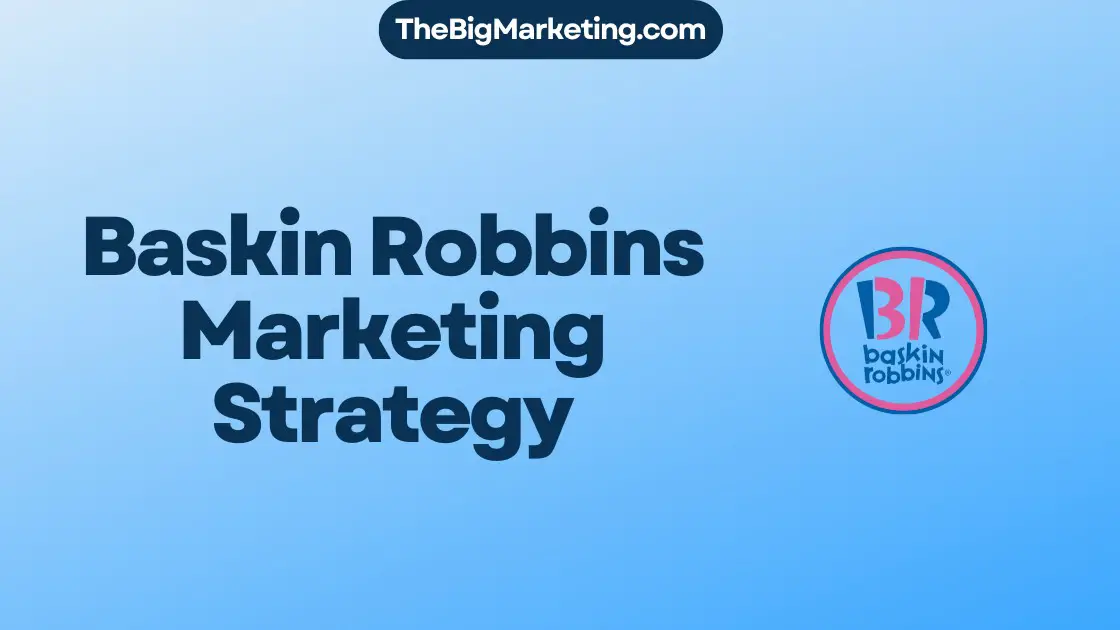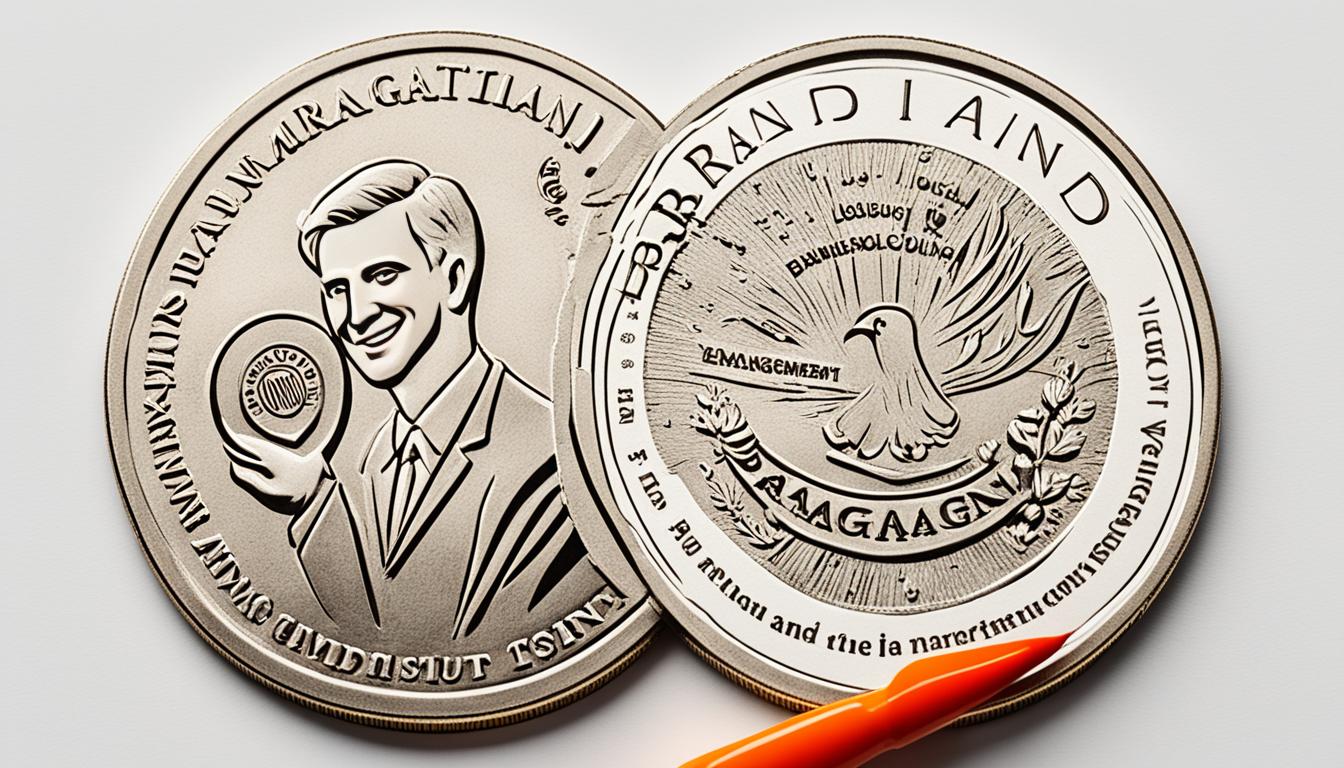Banyan Tree Hotels and Resorts, established in 1994, has become a renowned brand in the hospitality industry, winning over 400 international awards. With 25 resorts and hotels, 68 spas, 65 retail galleries, and two golf courses in 55 locations across 23 countries, Banyan Tree has a global presence. Ho Kwon Ping, the founder, believes that building a strong brand is crucial for maintaining a sustainable competitive advantage.
Key Takeaways:
- Banyan Tree is a well-established brand in the hospitality industry, with a global presence in multiple countries.
- Ho Kwon Ping, the founder of Banyan Tree, emphasizes the importance of building a strong brand for sustained success.
- The company has been recognized with over 400 international awards, showcasing their commitment to excellence.
- Banyan Tree operates resorts, hotels, spas, retail galleries, and golf courses, offering a diverse range of experiences to their customers.
- Their marketing strategy focuses on brand positioning, market targeting, competitive analysis, and digital marketing.
Evolution of the Banyan Tree Brand
Banyan Tree, a renowned brand in the hospitality industry, has strategically developed its brand over the years through effective branding strategies and strong brand positioning. Initially, the company heavily relied on extensive advertising to gain recognition and establish itself in the industry. However, it soon realized the importance of a more targeted approach.
Recognizing the need to increase brand exposure, Banyan Tree scaled down on advertising and redirected its marketing efforts towards public relations and global marketing programs. By doing so, the brand was able to reach a wider audience and enhance its reputation in the market.
The Banyan Tree brand is distinguished by its unique combination of privacy, natural environment, and distinctive spa services. This positioning has resonated with its target audience, helping the brand stand out in the highly competitive hospitality sector.
Furthermore, Banyan Tree has embraced the importance of corporate social responsibility. The company actively invests in caring for the natural and human environment, aligning its values with those of its target customers.
Overall, Banyan Tree’s evolution has been driven by strategic branding strategies and a commitment to delivering exceptional experiences. By understanding the importance of brand positioning and effectively communicating its unique selling propositions, the brand continues to thrive in the global hospitality market.
Key Points:
- Banyan Tree initially relied on extensive advertising to gain recognition
- The brand scaled down on advertising and focused on public relations and global marketing programs
- Banyan Tree’s brand is known for its combination of privacy, natural environment, and distinctive spa services
- The company is committed to corporate social responsibility
Market Targeting and Customer Segmentation
In order to effectively position itself in the competitive resorts market, Banyan Tree employs a targeted marketing approach and employs customer segmentation strategies. By focusing on wealthy customers and collaborating exclusively with luxury holiday agents, Banyan Tree ensures that it reaches its desired market segment. This approach allows the brand to cater to the needs and preferences of affluent individuals seeking high-end experiences.
To streamline the booking process and enhance customer convenience, Banyan Tree has established its own Global Distribution System (GDS) code. This system enables seamless and efficient reservations for customers, ensuring a smooth and hassle-free experience.
The unique positioning of the Banyan Tree brand as a provider of luxury experiences sets it apart from competitors in the crowded resorts market. With a diverse brand portfolio that includes Banyan Tree, Angsana, and Colours of Angsana, the company offers a wide range of options, including beach and city hotels, spas, galleries, and museum shops. This allows Banyan Tree to attract a variety of customers with different preferences and interests.
Banyan Tree Brand Portfolio:
- Banyan Tree – Exquisite beachfront resorts offering luxury accommodations and world-class spa experiences.
- Angsana – Vibrant and contemporary city hotels, perfect for urban getaways and immersive cultural experiences.
- Colours of Angsana – Boutique hotels and resorts curated for art enthusiasts, with galleries and museum shops showcasing indigenous artwork.
By effectively targeting the market and employing customer segmentation strategies, Banyan Tree continues to thrive in the highly competitive resorts industry.
Competitive Analysis and Market Leadership
Banyan Tree has positioned itself as a market leader in the hospitality industry through its effective competitive analysis and unwavering focus on providing exceptional customer experiences. By constantly evaluating its competitors and industry trends, Banyan Tree has been able to stay ahead of the game and maintain its market leadership.
The company’s commitment to its original mission and values has resonated with its target audience, allowing Banyan Tree to establish a strong and trusted brand presence. By staying true to its principles and consistently delivering on its promises, Banyan Tree has built a loyal customer base that values their unique offerings.
Banyan Tree’s global presence across 23 countries and diverse revenue streams from different regions have positioned the company favorably in the face of market volatility. This geographical diversification has not only mitigated risks but also allowed Banyan Tree to tap into various markets and adapt its strategies accordingly.
Market Leadership Through Brand Differentiation
One of Banyan Tree’s key competitive advantages lies in its ability to differentiate itself from other players in the industry. The brand has created a niche for itself by offering luxury experiences rooted in privacy, natural environments, and distinctive spa services.
By focusing on the unique aspects of its resorts and locations, Banyan Tree sets itself apart from generic luxury resorts, attracting a particular segment of high-end travelers who seek unique and authentic experiences. This targeted approach has enabled Banyan Tree to carve out its own space in the competitive market, establishing a reputation for delivering unparalleled customer satisfaction.
| Competitive Advantage | Description |
|---|---|
| Strong Branding | Banyan Tree’s brand is known for its combination of privacy, natural environments, and distinctive spa services. The brand’s unique positioning sets them apart in the crowded resorts market. |
| Geographical Diversification | Banyan Tree’s global presence across multiple countries mitigates risks and allows the company to tap into various markets. |
| Customer Loyalty | By consistently delivering exceptional customer experiences, Banyan Tree has built a loyal customer base that trusts and values their offerings. |
| Adaptability and Innovation | Banyan Tree’s focus on constant innovation and adaptation to cultural preferences enables them to meet the evolving needs of their target audience. |
Digital Marketing Plan and Online Campaigns
Banyan Tree understands the importance of digital marketing in today’s competitive landscape. Through the effective use of various digital channels, the company has been able to reach and engage with its target audience more efficiently and effectively. Banyan Tree’s digital marketing plan incorporates a mix of strategies and tactics, including social media marketing, search engine marketing, and email marketing.
Social Media Marketing
Social media has become an indispensable tool for brands to connect with their audience and build brand awareness. Banyan Tree strategically utilizes popular social media platforms such as Facebook, Instagram, and Twitter to share captivating content, stunning visuals, and engaging stories. By creating a strong social media presence, Banyan Tree can showcase its luxurious resorts and experiences to a wider audience, attracting potential customers and fostering brand loyalty.
Search Engine Marketing
Search engine marketing (SEM), including search engine optimization (SEO) and pay-per-click (PPC) advertising, plays a key role in Banyan Tree’s digital marketing strategy. By optimizing their website to appear prominently in search engine results pages (SERPs), Banyan Tree can increase their online visibility and attract organic traffic. In addition, targeted PPC campaigns allow them to reach potential customers who are actively searching for luxury travel experiences, maximizing their online marketing investment.
Email Marketing
Email marketing continues to be an effective tool for Banyan Tree to engage with their existing customers and nurture leads. By capturing email addresses through various touchpoints, such as website sign-ups or booking inquiries, Banyan Tree can build a database of interested individuals. Through personalized and tailored email campaigns, they can deliver relevant content, promotions, and exclusive offers directly to their audience, strengthening customer relationships and driving conversions.
Overall, Banyan Tree’s digital marketing plan is designed to leverage their strong brand awareness and reputation to effectively promote their resorts and experiences online. By utilizing social media, search engine marketing, and email marketing, Banyan Tree can connect and engage with their target audience, driving brand visibility, customer engagement, and ultimately, business growth.
Promotional Strategies and Advertising Tactics
Advertising Tactics
Banyan Tree’s initial promotional strategy involved extensive advertising to gain industry recognition. However, the company has since refined its approach to focus on minimal yet targeted advertising. Banyan Tree strategically places advertisements in high-end travel magazines, ensuring maximum exposure to its affluent target audience. By maintaining a presence in prestigious publications, Banyan Tree effectively reaches potential customers who prioritize luxury and exceptional experiences.
Public Relations and Branding Initiatives
In addition to advertising, Banyan Tree heavily relies on public relations and global marketing programs to promote its brand. The company actively engages with media outlets, influencers, and industry experts to generate positive publicity and build brand awareness. By securing media coverage through press releases, interviews, and collaborations, Banyan Tree effectively positions itself as a luxury hospitality leader.
Partnerships and Collaborations
Banyan Tree understands the power of strategic partnerships and collaborations in amplifying its brand reach. The company actively seeks opportunities to collaborate with prominent luxury brands, designers, and influencers to create unique offerings and exclusive experiences. These partnerships not only attract new customers but also strengthen Banyan Tree’s brand positioning as an industry pioneer in luxury travel and hospitality.
Marketing Initiatives
Banyan Tree employs a comprehensive marketing approach that encompasses various tactics, including digital marketing, social media campaigns, and email marketing. The company leverages its strong brand awareness and reputation to create personalized online campaigns that resonate with its target audience. Through innovative marketing initiatives, Banyan Tree consistently engages with customers and showcases its unique offerings and exceptional services.
Staff Management and Empowerment
At Banyan Tree, staff management is a crucial aspect of maintaining the highest standards of service in the hospitality industry. All employees undergo extensive training to ensure they meet the expectations of a five-star establishment. From front-desk staff to housekeeping, every team member is equipped with the necessary skills and knowledge to provide exceptional experiences to guests.
While resort administration adheres to strict rules and guidelines, Banyan Tree also believes in empowering its employees to exercise creativity and sensitivity in their roles. By encouraging a culture of autonomy and trust, the company fosters a positive work environment where employees feel valued and motivated to deliver their best.
One of the key initiatives that contribute to the staff empowerment at Banyan Tree is the “Banyan Tree Experience.” This program is designed to provide employees with a comprehensive understanding of the guest experience. Through hands-on training, staff members gain insights into the various aspects of a guest’s stay, enabling them to anticipate needs and provide personalized service.
By empowering its employees, Banyan Tree creates a strong foundation for delivering exceptional guest experiences. The company recognizes that its staff members are its most valuable asset and invests in their development, ensuring they are equipped with the skills and knowledge necessary to exceed guest expectations.
Benefits of Employee Empowerment at Banyan Tree
Employee empowerment at Banyan Tree yields several benefits for both the employees and the organization:
- Enhanced creativity and problem-solving skills: When employees are empowered to make decisions and take ownership of their roles, they are more likely to think outside the box and come up with innovative solutions.
- Increased job satisfaction and motivation: By giving employees a sense of purpose and responsibility, Banyan Tree fosters a positive work environment where employees feel valued and motivated to perform at their best.
- Improved guest satisfaction: Empowered employees have the ability to provide personalized and exceptional service that exceeds guests’ expectations, leading to higher levels of guest satisfaction and loyalty.
- Reduced employee turnover: When employees feel empowered and valued, they are more likely to stay with the organization for the long term, reducing turnover and the associated costs of recruitment and training.
By prioritizing staff management and empowerment, Banyan Tree ensures that its employees are equipped to deliver the high standard of service that the brand is known for. This commitment to employee empowerment is a key factor in the company’s success and reputation in the hospitality industry.
Service Diversification and Product Portfolio
Banyan Tree understands the importance of continuously evolving and diversifying its offerings to meet the changing preferences of its customers. With a robust product portfolio and a focus on service diversification, the brand has successfully remained innovative and relevant in the competitive hospitality industry.
One key aspect of Banyan Tree’s service diversification is the establishment of 65 retail outlets, including galleries, spas, and museum shops. These outlets not only provide additional revenue streams for the company but also offer unique and indigenous products made from local herbs and spices.
The brand’s commitment to creating products that reflect the local culture and environment has resonated well with customers seeking authentic experiences. By combining their expertise in hospitality with an appreciation for the local context, Banyan Tree has managed to create a compelling product range.
By constantly innovating and introducing new services, Banyan Tree caters to the specific preferences of different regions and cultures. This approach allows the brand to provide a tailored experience for its customers, further enhancing their satisfaction and loyalty.
Banyan Tree Product Portfolio
| Product Category | Description |
|---|---|
| Resorts | Luxury beach and city hotels offering unique accommodations and amenities |
| Spas | Indulgent spa experiences using local ingredients and traditional techniques |
| Galleries | Artistic showcases featuring local artisans and their works |
| Museum Shops | Cultural and heritage products that reflect the local environment and traditions |
With its service diversification and innovative product portfolio, Banyan Tree has successfully positioned itself as a brand that offers not just luxurious accommodations, but also a range of unique experiences that capture the essence of each destination.
Future Recommendations and Opportunities
Banyan Tree Hotels and Resorts has established itself as a leading brand in the hospitality industry by consistently delivering exceptional experiences to its customers. As the company looks to the future, there are several key recommendations and opportunities that can further enhance its success and expand its offerings.
Exploring Emerging Niches
In order to capitalize on new market opportunities, Banyan Tree should consider venturing into emerging niches such as eco-tourism and cultural tourism. These segments are experiencing significant growth and demand, presenting an opportunity for the brand to diversify its portfolio and reach new customer segments. By providing sustainable and immersive experiences, Banyan Tree can position itself as a leader in these evolving markets.
Localization and Market Adaptation
Banyan Tree operates in diverse markets with different cultural and religious backgrounds. To overcome potential barriers and cater to the unique preferences of each region, the company should focus on localizing its services and products. By adapting offerings to specific regions and markets, Banyan Tree can create a more personalized and meaningful experience for its customers, further enhancing its brand value.
Continued Corporate Social Responsibility
Corporate social responsibility has been a cornerstone of Banyan Tree’s brand identity. It is imperative for the company to continue prioritizing CSR initiatives as part of its future recommendations. By actively participating in environmental conservation efforts, supporting local communities, and promoting sustainable practices, Banyan Tree can reinforce its commitment to social responsibility, attracting like-minded customers and fostering long-term loyalty.
Maintaining Strong Brand Positioning
As Banyan Tree expands its offerings and explores new opportunities, it is crucial for the brand to maintain its strong positioning in the market. This can be achieved through consistent branding, clear messaging, and maintaining the highest standards of quality and service. By staying true to its core values and delivering on its brand promise, Banyan Tree can continue to differentiate itself from competitors and remain a leader in the hospitality industry.
By embracing these future recommendations and opportunities, Banyan Tree can position itself for continued success and growth in the ever-evolving hospitality industry.
Conclusion
Throughout its history, Banyan Tree’s marketing strategy has been the driving force behind its success in the highly competitive hospitality industry. By focusing on branding, market targeting, competitive analysis, and promotional strategies, the company has established itself as a leader in the crowded resorts market.
One of the key factors in Banyan Tree’s achievement is its ability to maintain a unique positioning that combines privacy, natural environment, and exceptional spa services. The brand’s commitment to corporate social responsibility has also played a significant role in its success, showcasing a genuine concern for the natural and human environment.
Moreover, Banyan Tree’s recent embrace of digital marketing and service diversification has further strengthened its position. Utilizing digital channels, personalized online campaigns, and a strong brand reputation, the company successfully reaches and engages its target audience. By constantly innovating its services and products, Banyan Tree caters to different cultural preferences and ensures its relevance in diverse markets.
With its well-executed marketing strategy, Banyan Tree is poised for future success, ready to explore emerging niches such as eco-tourism and cultural tourism. By continuing to prioritize corporate social responsibility and maintaining its strong brand positioning, Banyan Tree will undoubtedly remain a leader in the hospitality industry.







